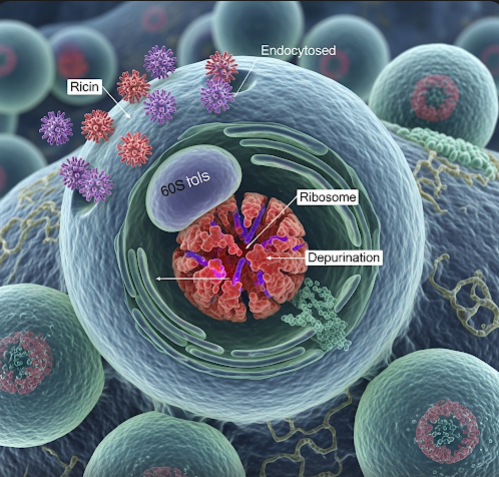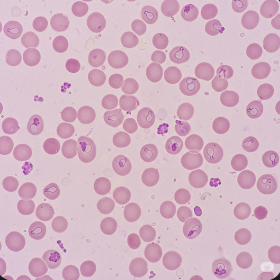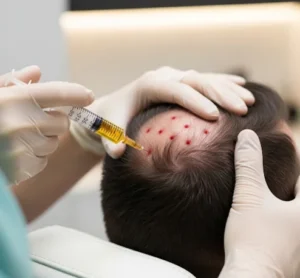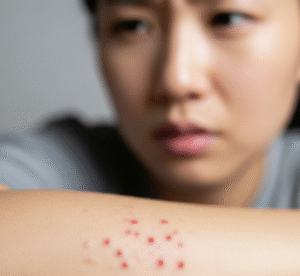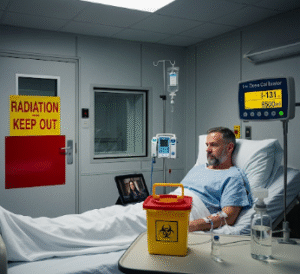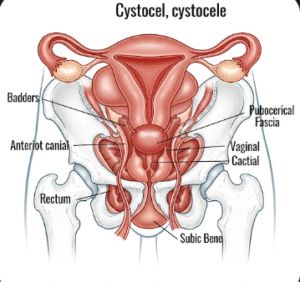Overview
Ricin poisoning is a serious and potentially fatal condition caused by exposure to ricin, a highly toxic protein derived from the seeds of the castor bean plant. Ricin can enter the body through ingestion, inhalation, or injection, disrupting cellular protein synthesis and leading to severe organ damage. In Korea, specialized toxicology units and emergency care centers are equipped to diagnose and manage ricin poisoning promptly to improve patient outcomes.
What is Ricin Poisoning?
Ricin poisoning occurs when the toxin ricin inhibits protein production within cells, causing cell death and multi-organ failure. It is considered a potential bioterrorism agent due to its high toxicity and ease of production. Exposure to ricin is rare but requires urgent medical attention.
Symptoms
- Ingestion: Severe abdominal pain, vomiting, diarrhea (sometimes bloody), dehydration
- Inhalation: Respiratory distress, cough, fever, pulmonary edema
- Injection: Localized pain and swelling followed by systemic symptoms
- Weakness and fatigue
- Low blood pressure and shock in severe cases
- Multi-organ failure leading to death if untreated
Causes
- Exposure to ricin toxin from castor beans or contaminated materials
- Intentional poisoning or bioterrorism acts (rare)
- Accidental ingestion or inhalation
Risk Factors
- Occupational exposure in castor oil production or laboratory settings
- Intentional exposure (criminal or terrorist acts)
- Lack of awareness or improper handling of castor beans
Complications
- Severe dehydration and electrolyte imbalance from gastrointestinal symptoms
- Respiratory failure due to lung injury
- Kidney and liver failure
- Shock and death without prompt treatment
Prevention
- Strict regulation and handling protocols for castor beans and ricin-containing materials
- Use of protective equipment in high-risk occupations
- Public awareness and emergency preparedness for potential ricin exposure
Treatment Options in Korea
There is no specific antidote for ricin poisoning, but Korean emergency and intensive care units provide supportive and symptomatic treatment:
- Decontamination: Removal of contaminated clothing and thorough washing if external exposure occurs
- Gastrointestinal Decontamination: Activated charcoal if ingestion is recent
- Supportive Care: Intravenous fluids, electrolyte correction, and respiratory support including mechanical ventilation if needed
- Symptom Management: Pain control, treatment of infections, and organ support in ICU settings
- Monitoring: Continuous vital signs and organ function monitoring to detect complications early

